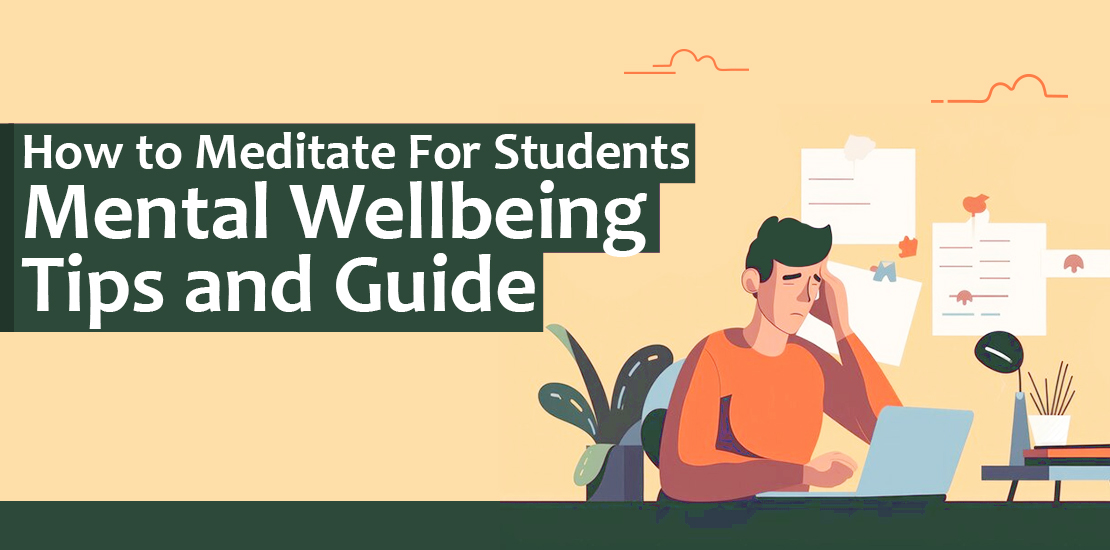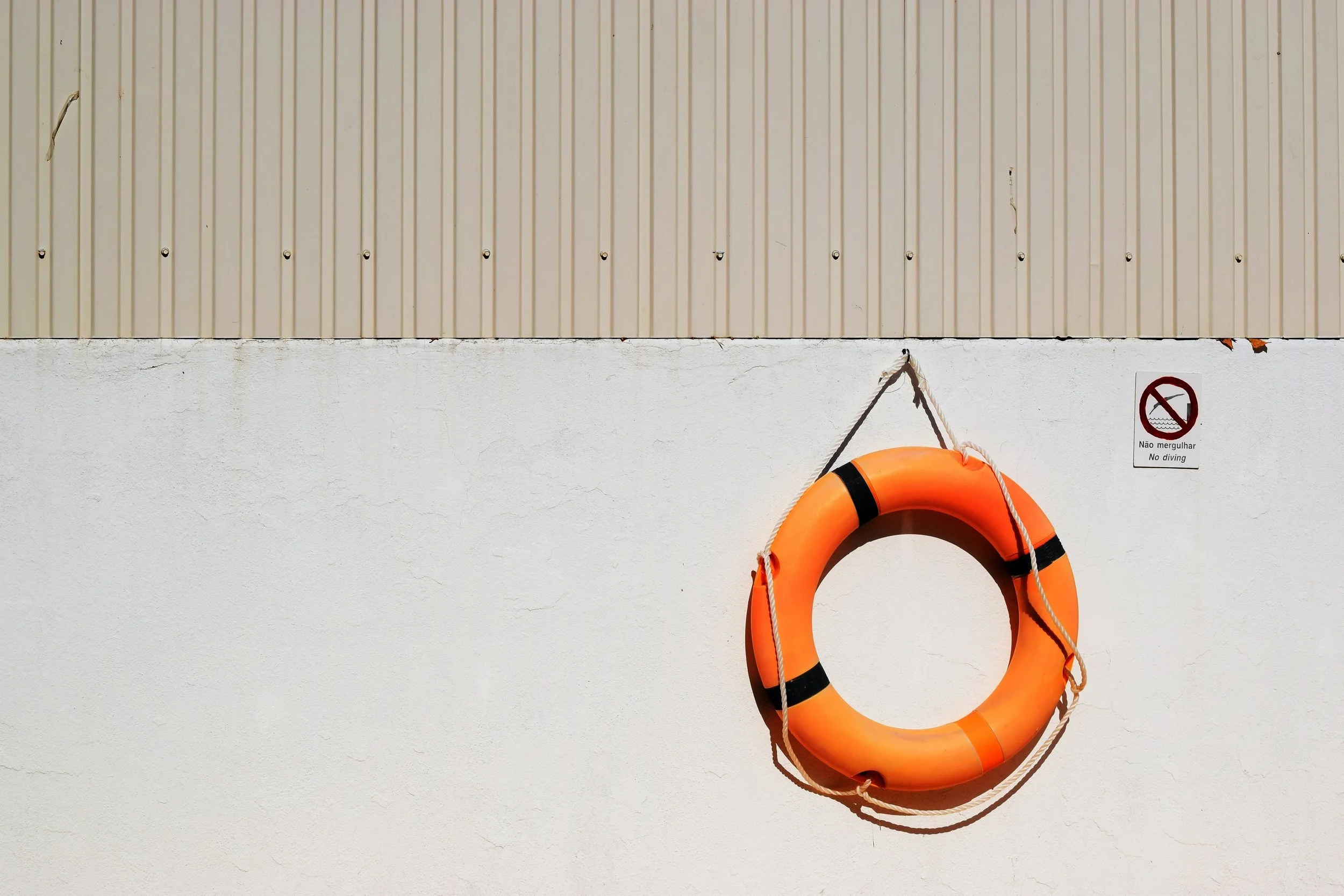People donít talk about this as much, but itís important to consider when not to meditate if you have an anxiety disorder

Photo by Pawel Czerwinski
People donít talk about this as much, but itís important to consider when not to meditate ó or how to approach meditationó if you have an anxiety disorder or depression.
Meditation can help you get through an episode of anxiety, depression or mania by betraying the thoughts that fuel such episodes as false, by giving you some calm space to survey your situation and predict your moods, and by revealing some ideas on how to intervene. But only if you have an established practice. If you have not meditated regularly, or at all, and youíre in a period of depressed ideation, impulsive mania or torturous anxiety, donít start now. Youíll just sit there agitated and ruminate and your condition will likely get worse. Seek help elsewhere. Begin practice during a stable period.
When I first considered meditation, my mind was still troubled by an episode of mania that resulted in a hospitalization. Anxious rumination unsettled my thoughts, and to sit quietly observing such thoughts likely would have pushed me over the edge. I read the Psalms instead. Today, with a well-established practice, focused attention helps me navigate and overcome such difficult periods. But as a beginner, silent practice right then would have been dangerous.

This piece is an excerpt from George Hoffmanís upcoming book, coming out Feb 25, 2022.
Itís best to begin meditating during a period of relative stability. If one is depressed and contemplating suicide, a new meditation practice will not help at all. If a terribly depressed person sits with those thoughts, things are only likely to get worse. After establishing a strong practice, the same focus at the same time may help a person release such thoughts and be well. But not as a beginner.
Anxiety is a similar situation. The beauty in using meditation to manage anxiety is the revelation of self-defeating thoughts. As I stated before, weíve all thought, Iím so anxious I could die! Meditating on this reveals that you donít die. Thoughts fuel the anxiety, and if you can see the thoughts as erroneous and let them go the anxiety inflamed by them will pass, too. But not until youíve practiced long enough to face and release thoughts with confidence. As a beginner, the rumination will only further convince you that, yes, the anxiety will kill you.
Most studies that prove the beneficial effects of meditation have their subjects meditate for 20 minutes a day for four to eight weeks before lasting positive results are established. (Of course, you have to keep practicing for the positive effects to remain.) It takes about that long to learn how to successfully sit and notice the changes in and around you. It takes about that long to learn how to release thoughts that donít make sense. It takes a bit longer to predict episodes by noting signals in your body, emotions and mind. If you havenít put in a few weeks of practice when youíre well, donít meditate when things are too challenging to endure. Call a hotline or reach out to a loved one or doctor instead.
Today many teachers with little depth of understanding of the challenges meditators can face are leading students into practices that, while often very positive and relaxing, can lead a troubled mind into very dangerous places. Just as a poorly trained yoga teacher can push a student to physical injury, an insensitive meditation teacher can introduce practices that add dangerous rumination to the challenges one may face. This can be especially damaging to people with serious mental illness.
Even expert, world-famous teachers have students who have come apart, some requiring hospitalization. Recent research published in PLOS One indicates that 25% of people who have meditated for at least two months have reported a particularly unpleasant psychological experience, such as anxiety, fear, distorted emotions or thoughts, or an altered sense of self or the world while meditating. Meditators who have practiced for years, or long periods of time during each sitting, had an even higher occurrence of challenging experiences.
Those most at risk include those who suffer from high levels of repetitive negative thinking, as do many with serious mental illness. This is not to say that meditation cannot benefit those with serious mental illness. It saved my life from the ruin of bipolar disorder. It just needs to be entered into carefully, and with support.
About the Author

After a series of hospitalizations and a lot of bad behavior, George Hofmann managed to overcome the worst of bipolar disorder by adding practices in focused attention to the usual therapies of medicine and talk. He works to show others with anxiety, depression and bipolar disorder how to do the same. Before he began to write and teach, George studied with several well-known teachers in the Zen and secular mindfulness traditions. He is the author of Resilience: Handling Anxiety in a Time of Crisis, and maintains the site "Practicing Mental Illness," which promotes meditation, movement and meaningful work as keys to growth and healing. This post is an excerpt from Georgeís book Practicing Mental Illness, coming out in Feb 2022. George has conducted workshops on meditation for individuals, families, support groups, healthcare professionals and corporations. George also writes a weekly commentary on the Psalms from an inquisitive, ecumenical perspective at The Psalms Meditations Project. He lives in Philadelphia, Pennsylvania with his wife, their daughter and two poorly behaved dogs.













